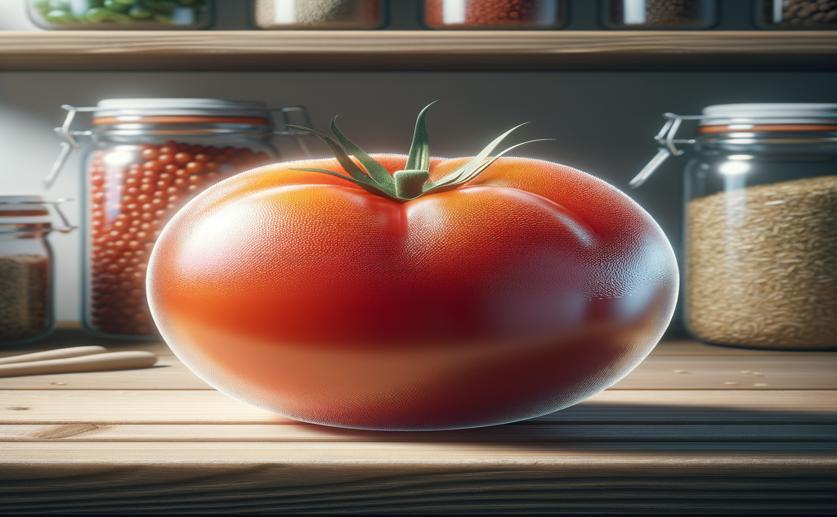
Extending Tomato Shelf Life with a Special Natural Coating
Jenn Hoskins
24th August, 2024

Image Source: Natural Science News, 2024
Key Findings
- Researchers at GITAM University developed biodegradable films using CMC, pectin, PHB, and thymol for food packaging
- Film F5, with 0.9% thymol, showed the best mechanical strength, antioxidant activity, and biodegraded in soil within 21 days
- Film F5 significantly extended the shelf life of tomatoes by up to 15 days, preserving their firmness and delaying spoilage
References
Main Study
1) Extension of shelf life of tomato (Solanum lycopersicum L.) by using a coating of polyhydroxybutyrate-carboxymethyl cellulose-pectin-thymol conjugate.
Published 22nd August, 2024
https://doi.org/10.1111/1750-3841.17312
Related Studies
2) Carboxymethyl cellulose-agar biocomposite film activated with summer savory essential oil as an antimicrobial agent.
3) Production and characterization of CMC-based antioxidant and antimicrobial films enriched with chickpea hull polysaccharides.



 8th June, 2024 | Greg Howard
8th June, 2024 | Greg Howard